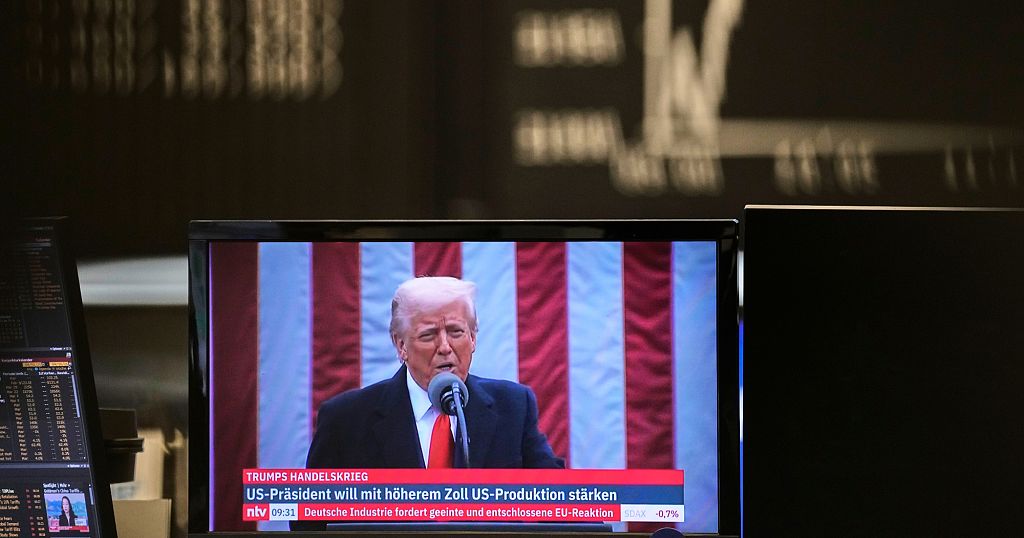Africa
Trump imposes a hefty 50% reciprocal tariff on Lesotho

U.S. President Donald Trump has imposed a hefty 50% reciprocal tariff on Lesotho, a small, landlocked kingdom in southern Africa.
This makes Lesotho the country facing the highest tariff among all those on Trump’s long list of trade targets.
Despite being dismissed by Trump in March as a nation “nobody has ever heard of,” Lesotho, with a gross domestic product of just over $2 billion, has a significant trade relationship with the U.S.
The country has a trade surplus with the United States, largely made up of exports such as diamonds and textiles, including Levi’s jeans.
In 2024, Lesotho’s exports to the U.S. totaled $237 million, which accounts for over 10% of its GDP, according to Oxford Economics.
However, Trump’s new trade policies are set to upend this relationship. By imposing a broad range of tariffs on global trading partners, Trump is reversing decades of trade rules, which could drive up costs for consumers. Trump’s move is framed as a response to other countries’ trade barriers and tariffs against U.S. goods. Lesotho, for instance, imposes a steep 99% tariff on American products.
This situation highlights the end of the African Growth and Opportunity Act (AGOA), a trade agreement intended to provide African nations with preferential access to U.S. markets to foster their economic growth.
Trade experts see this shift as a major setback for African economies. It is compounded by cuts to USAID, the U.S. government agency that has long supported Africa with development aid.
Lesotho, which has a population of about 2 million and is entirely surrounded by South Africa, did not immediately comment on the tariffs.
However, the country’s foreign minister had previously expressed concerns that the reduction in foreign aid, particularly from the U.S. government, was hurting the nation’s health sector, which has been heavily reliant on international support.
Lesotho also struggles with one of the highest HIV/AIDS infection rates in the world, adding to the country’s difficulties.
The formula for calculating these tariffs takes into account the U.S. trade deficit with each country, using this figure as a measure of alleged unfair trade practices.
The ratio of the deficit to U.S. imports from each country determines the tariff, with the resulting rate being half of that ratio.
The sweeping tariffs declared by Trump could increase prices for Americans who depend on citrus from 1400 producers across southern Africa, according to Boitshoko Ntshabele, chief executive of the Citrus Growers Association in Johannesburg.
“South Africa does not compete with the citrus producers of the US,” Ntshabele said. “In fact, quite the opposite — we sustain customers’ interest when their local citrus is out of season, benefitting US citrus growers in the end.”
South African President Cyril Ramaphosa said Trump’s 30% tariffs on U.S. imports of South African products shows the urgent need for a new bilateral trade deal
